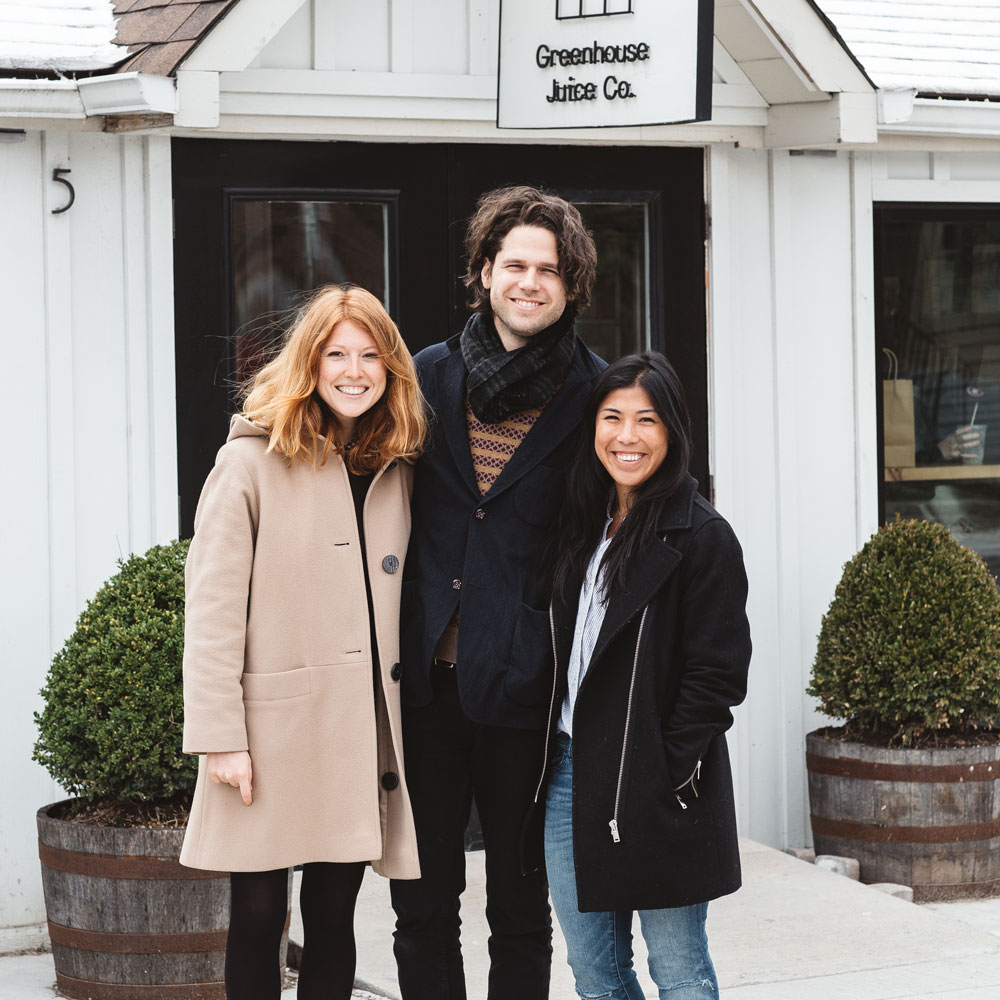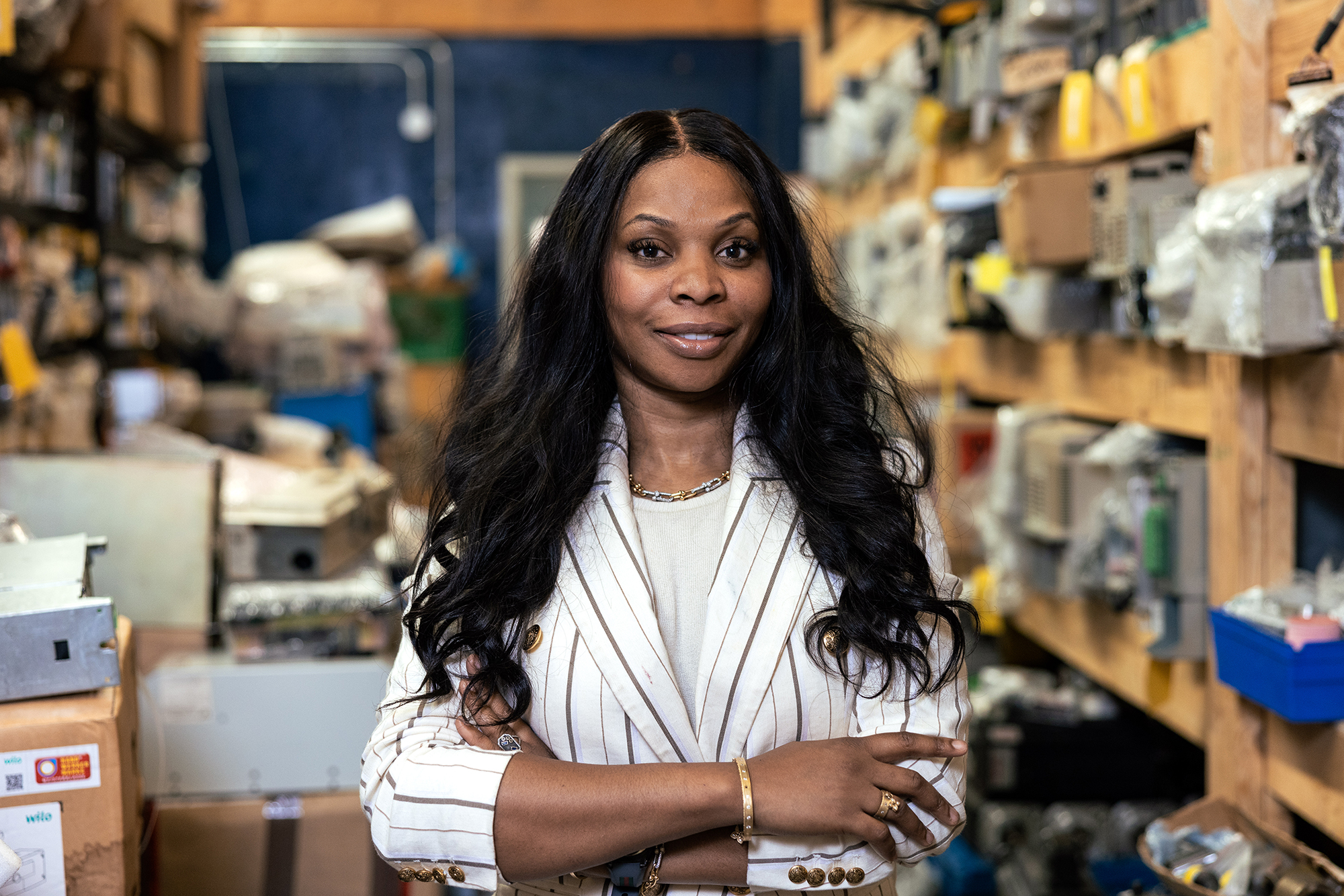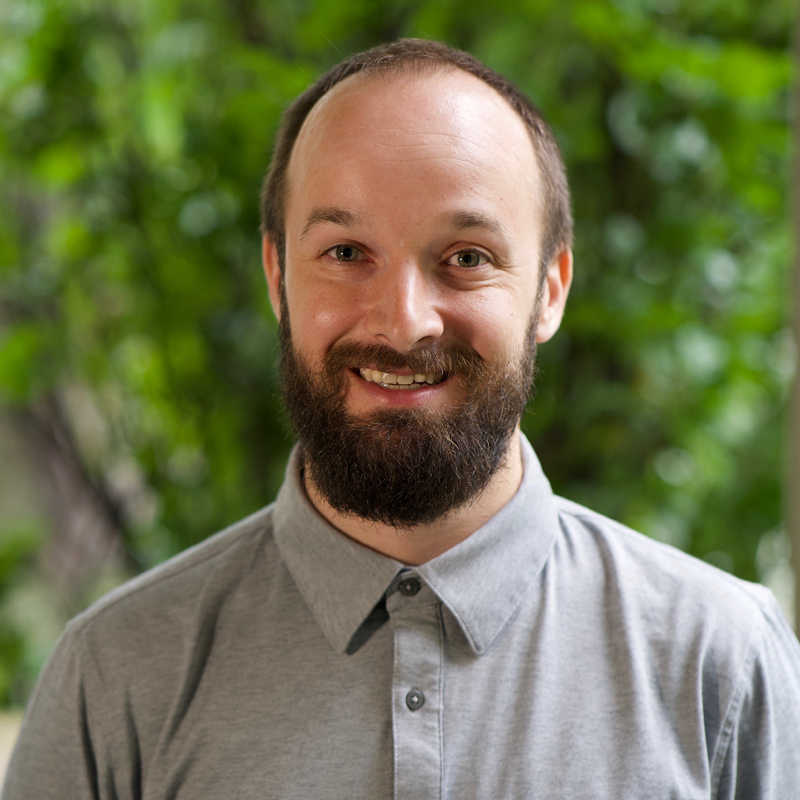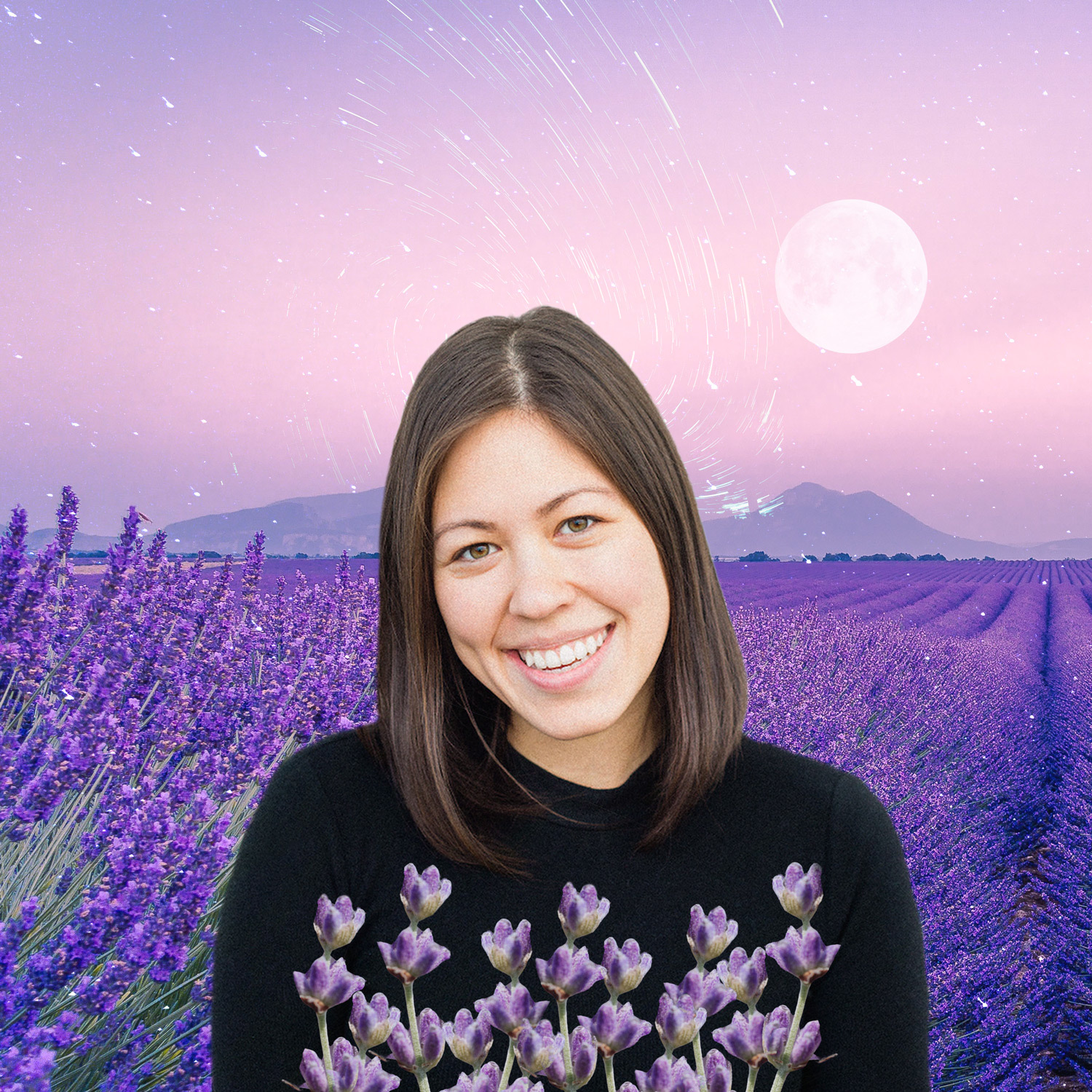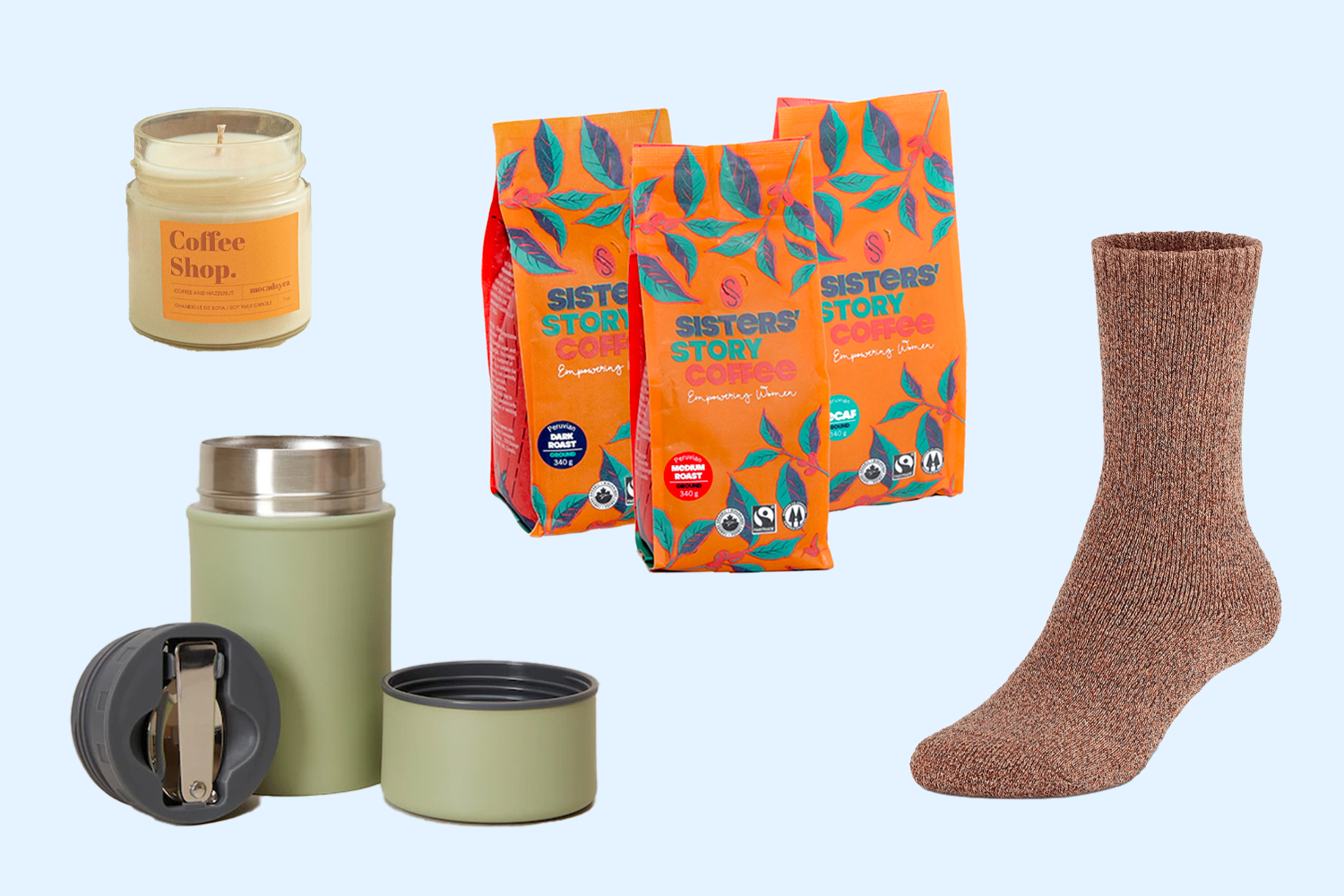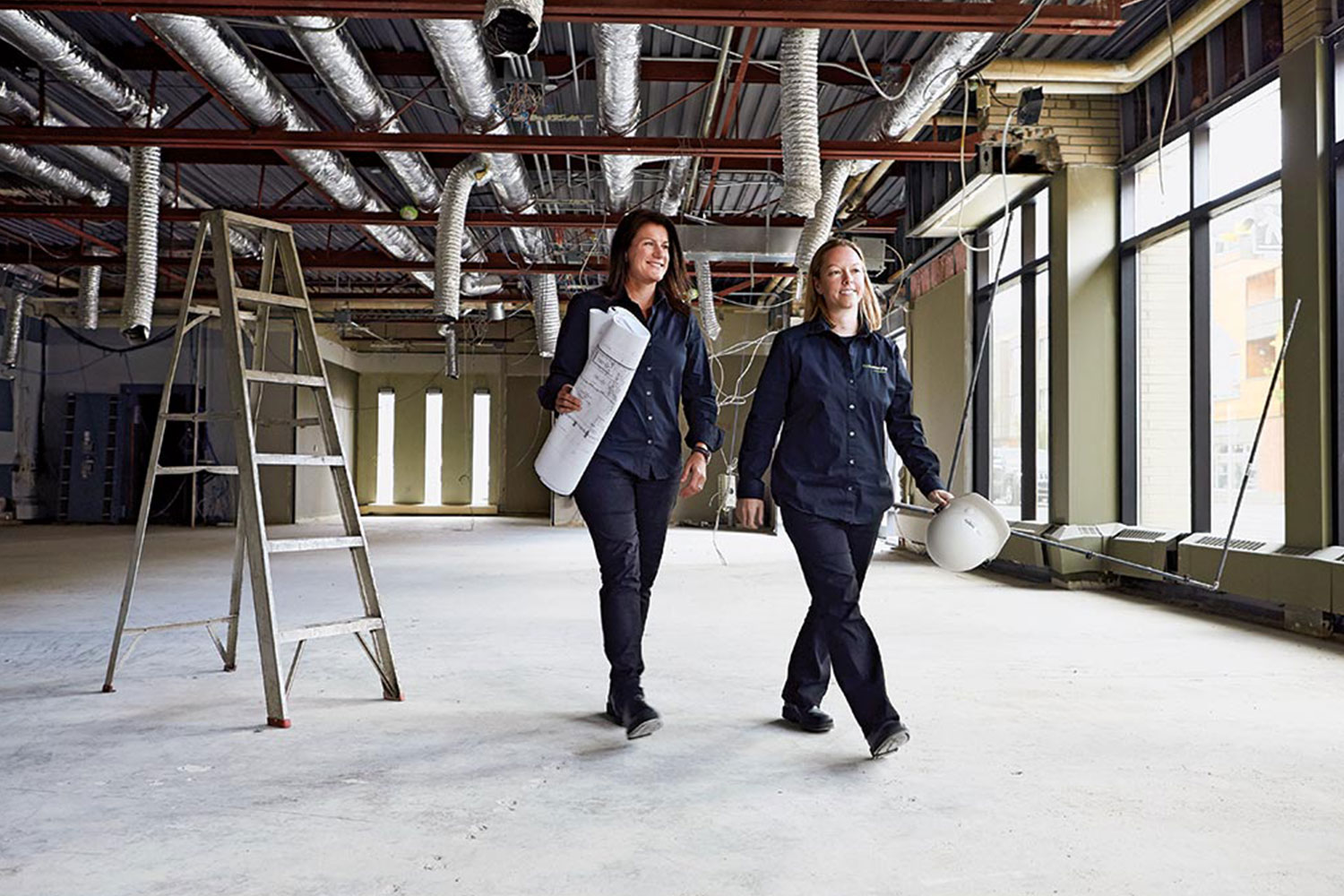This Corporate Director Quit Her Day Job and Created a Pea-Based Alcohol
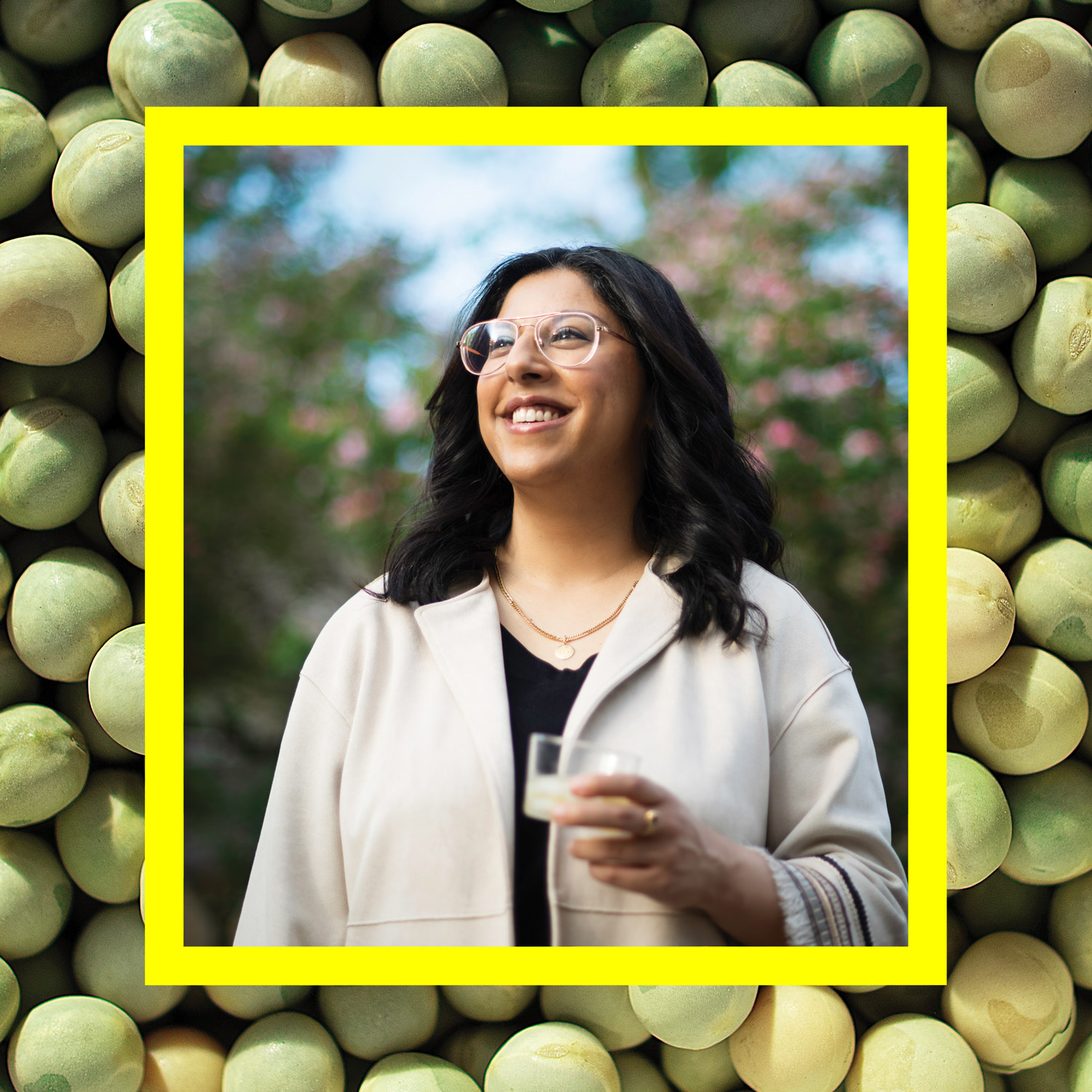
Many entrepreneurs will tell you that what they’re doing now is not what they initially set out to do. Making major professional changes—even mid- to late-career—can often lead to more fulfilling and successful outcomes. That’s what our series The Pivot is all about. Each month, we speak to founders, business leaders and entrepreneurs about how—and why—they changed course and found success in an entirely different industry. Here, we speak to Faaiza Ramji, the founder of Alberta-based spirits company Field Notes.
I joined the Edmonton Economic Development Corporation, or EEDC, in 2013, eventually working my way up to marketing director. It was an opportunity to work with a dynamic team on a big mission, which was to make Edmonton a place where people want to grow their businesses, raise their families and invest in what’s happening next. I learned all these crazy things, like the fact that we grow a ton of raw products in Alberta—including a big portion of Canada’s peas and chickpeas—but we don’t do much with them. We just export them to different countries, and then those people make something out of them, and then we buy those products back. That always seemed ridiculous to me. We’re giving up all this potential for jobs, for money, for innovation.
By 2017, I had left EEDC, and I was thinking, “What can I do to better understand what’s happening in agriculture?” Then it occurred to me to get some first-hand experience of what it takes to launch a food business in Alberta.
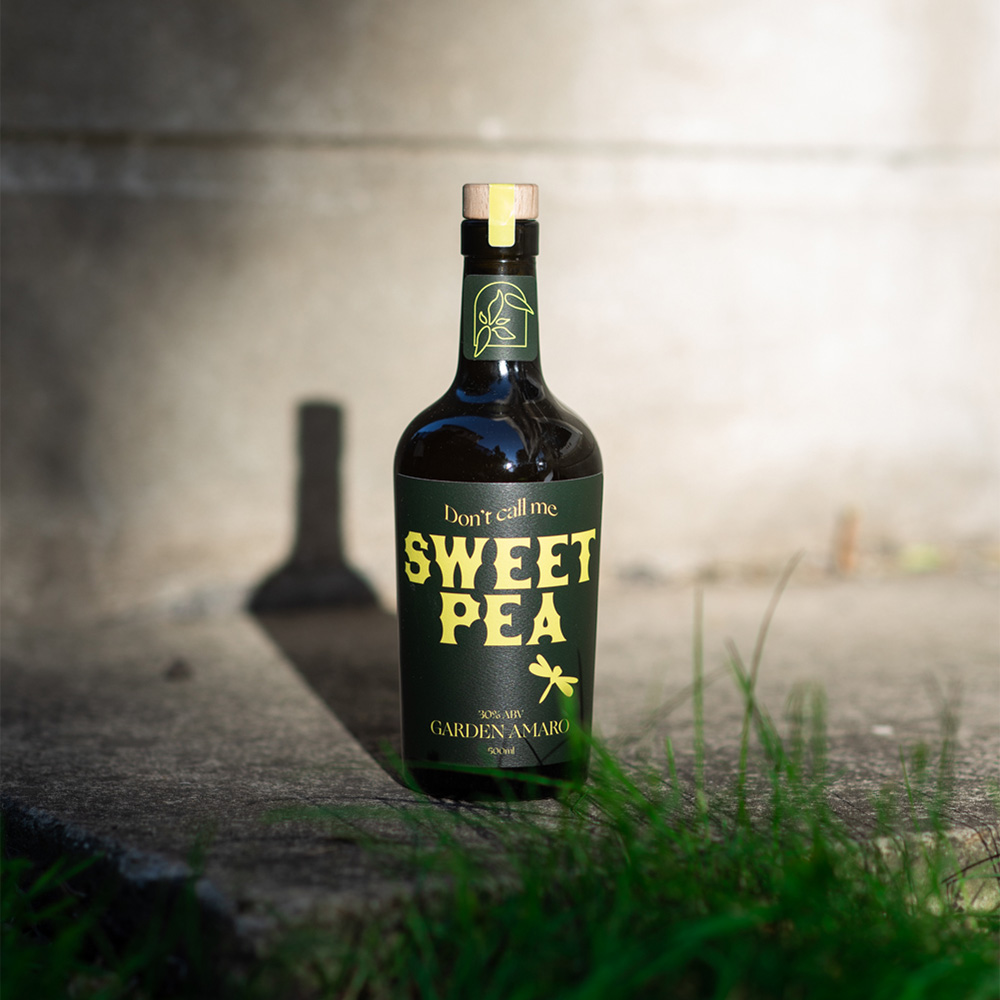
I connected with Lindsey Good, a farmer in southern Alberta, and together we tested a few different products, including a pea milk as a dairy alternative. But we had a couple of challenges. First, it’s hard to separate peas into their individual components of protein, starch and fibre. We would have had to import the pea protein from China. Second, we couldn’t find a partner to help us package a shelf-stable milk.
We were figuring those things out when the pandemic hit. Like everybody else, we just thought, “Oh, this Covid thing is going to pass in a few weeks. We’ll just put this on ice for a bit and see what happens.” Then I read an article about some folks who were turning beans into beer. Peas have the same components as beans and wheat, so I began to wonder if we could turn them into alcohol. I eventually found Nathan Flim, who owns the Fort Distillery in Fort Saskatchewan. He said, “Hey, I’ve never tried making pea alcohol. But let’s give it a shot.”
I called the company Field Notes and decided to model the liqueur on an amaro. We named it Don’t Call Me Sweet Pea. I told our distiller that I wanted it to taste like the Canadian Prairies: fresh herbs, flowers, plants. The most prominent flavours in our amaro are sage, black tea, gentian and Alberta honey as well as elderflower, which gives it an amazing fragrance. The goal is to have at least three flavours over the next two years. The next one we’re going to do will be citrusy, and then we’ll have one that’s more of a warm spice.
“We’re giving up all this potential for jobs, for money, for innovation”
We’re making tweaks as we go. Because we use real herbs and plants instead of extracts, our liqueur has sediment that falls to the bottom of the bottle, like with a natural wine. To make it easier for bartenders to use, we’re adding another level of filtration to make for a clearer liqueur. That will be the major change in our next batch.
We have a co-packing agreement with the distillery; they help us execute the product formulation, manufacturing and bottling. I distribute through Liquor Connect, a platform managed by the Alberta Liquor and Gaming Commission. I was able to bootstrap this business pretty easily because I made decisions based on growth instead of covering costs.
Our sales started off strong and have been steadily growing. The most rewarding part is all the support from rural parts of Alberta—farmers who have sent us emails or asked their local liquor stores to carry our product.
Now that we’ve got the liqueur on the shelf, we want to go after some investment to see how we can scale. As we move forward, I want to stay focused on the mission, which is to figure out how we can build a more complete food ecosystem in the Prairies.


